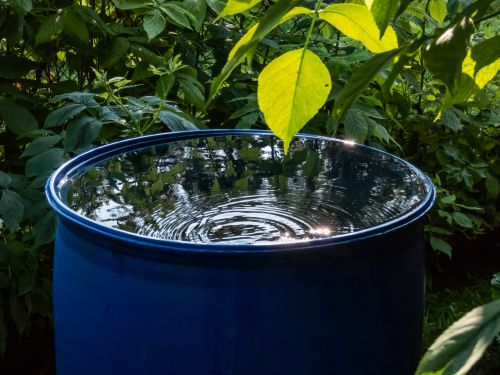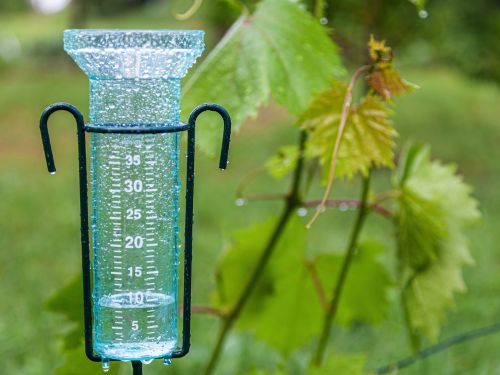Collecting rainwater is an excellent way to conserve resources, reduce reliance on municipal water, and lower your utility bills. However, before you take a sip straight from the sky, you should know that unfiltered rainwater isn't always as clean and pure as it seems. Here’s why filtering your rainwater is essential and how to do it effectively.

What’s in Your Rainwater?
Rainwater might look clear, but it picks up a surprising number of contaminants as it falls and when it lands on your collection surface. Some of the most common impurities include:

The Importance of Filtering Rainwater
Drinking unfiltered rainwater can expose you to waterborne illnesses and harmful substances. Even if you're only using it for irrigation or cleaning, filtering ensures that your water remains safe for both humans and plants. A proper water filter removes contaminants and improves the taste, smell, and clarity of your collected water. If you’re in Perth, where water quality concerns are increasing, investing in the right filtration system is crucial.
Best Filtration Methods for Rainwater
There are several effective ways to filter rainwater, depending on how you plan to use it:
Final Thoughts
Rainwater harvesting is a great way to promote sustainability, but drinking it without filtration can be risky. By investing in a proper 3-stage whole house water filter, you can enjoy clean, safe water for drinking, cooking, and everyday use. Stay safe, go green, and filter your rainwater before taking that sip!

